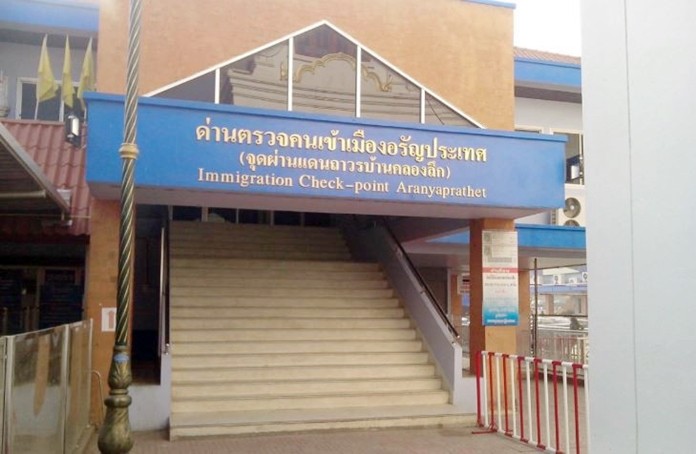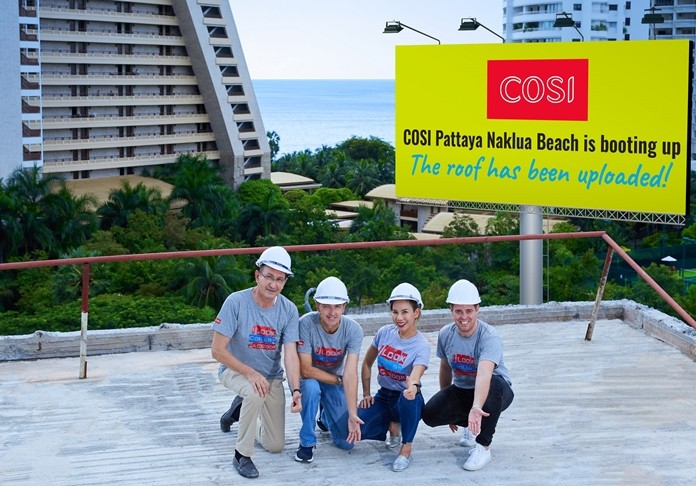
Although the coronavirus pandemic has resulted in the near-collapse of the tourist industry in Pattaya, employers are still finding it well-nigh impossible to fill job vacancies. Poj Aram wattananont, vice-chair of the Thai Board of Trade, said the business sector is concerned about a lack of workers after hundreds of thousands of foreign workers returned home after the initial virus outbreak last winter.
The foreign migrant workers, from Myanmar, Cambodia and Laos, are finding it very difficult to return to Thailand as the borders are closed for most human traffic. Thai border posts are allowed a quota system to allow back a small number of workers on a daily basis, but they are subject to compulsory quarantine which costs around 12,000 baht per person. This sum must be paid by the worker or his Thai employer, not by Thai state authorities.

Meanwhile, there is a renewed outbreak of Covid-19 in Myanmar, which provides the bulk of the workers, leading to the Thai authorities retaining strict lockdown measures across the vulnerable borders. Thailand in 2018 signed agreements with the three neighboring countries, known as Memorandums of Understanding, to regulate entry, registration and conditions of work such as labour protection.
Prior to the outbreak, Chonburi province (including Pattaya) played host to nearly 200,000 guest workers out of a total of three million in Thailand as a whole. They are employed very widely in labour-intensive industries such as agribusiness, food processing, construction, elderly care and factory work. The minimum daily wage in Chonburi province is just over 300 baht a day, excluding meals. Normally, accommodation is provided for free in camps or rooms.
Mr Poj added that the problem of labour shortage has been made worse by the decline of the Thai birth rate in the last 25 years and the fact that many unemployed Thais are uninterested in taking up manual or unskilled employment. He felt that the only long-term solution was to invest in automated systems and machines where this was a feasible option. That was also likely to happen because labour costs were continually rising with added worker protection as the Thai government signs more partnership agreements with other Asean countries.
Pattaya is witnessing an ongoing building programme with many sites still under construction. Companies and private sector investors are keen to complete their projects as quickly as possible before their funding runs out and because future costs in materials and labour are likely to rise once the virus crisis has subsided. There is huge investor confidence in the future of Pattaya as an Asian tourist resort and economic hub because of its proximity to Bangkok, its location in the hi-tech Eastern Economic Corridor and its consequent slow evolution into neo-Pattaya or Smart City. Both the Thai government and Pattaya authorities have stated that the resort will likely have a very different future from its past as a bachelors’ playground. Bachelors please note.
 |
 |
 |





